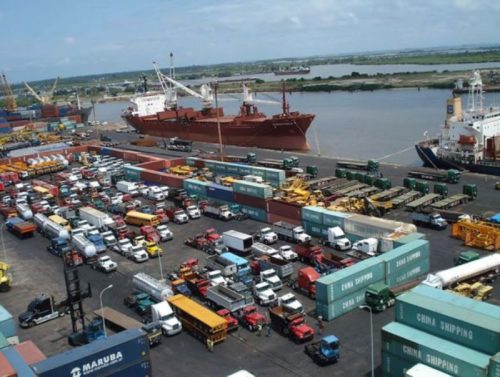
To some extent it has not been effective. One still hear of multiple officers conducting examinations at port. Customs alone has multiple points from two to four and this is not aiding trade facilitation. Concerning the gridlock, there is still bottleneck on the road leading to the port. These are some of the challenges hindering the effective implementation of the executive order.
I would say business is gradually moving at the port and everything is falling in place because there have not been much complain on our operations ever since the directive came on board.
The word effective is ambiguous in the sense that I would not say the directive has been well implemented but rather I would say it’s a 50/50 thing especially within the maritime sector and the reason why most of the directives have not been fully complied with is not far- fetched. For example, boarding of vessel by government security agents up till now, they still go independently but the ease of doing business requires that all agents will go together and do their job, by doing that, it will reduce the bottleneck and complains received by Captains and so on. Also, during examination, we still notice that some of the agencies are not there as at when due, so everyone wants to go independently; and of course you know when there is that personal one-on-one discussion, it cripples the ease of doing business. On the other hand, in other areas I would say there is progress like the flow of traffic, some of the bottlenecks are no more there but when one gets into the port, is another story entirely because trucks are still delayed in the port. Objectively, I would not say it is 100 percent compliable, but progressively I would say 50 percent of the directive has been put into place.
No, it has not been effective because we still lack scanners at the port, I can remember the Federal Government talking about providing scanners when the Executive Order was brought up and still no seaports have a functional scanner. Due to lack of scanners, Customs has resorted to 100 per cent cargo examination at seaports and land borders thereby slowing down trade facilitation and defeating the essence of the 24 hours cargo clearance. There is still issue of bribery and extortion from security agencies at the port due to lack of automation which breeds human contacts, allegations of corruption and under the table dealings are still rampant at the nation’s seaports.

